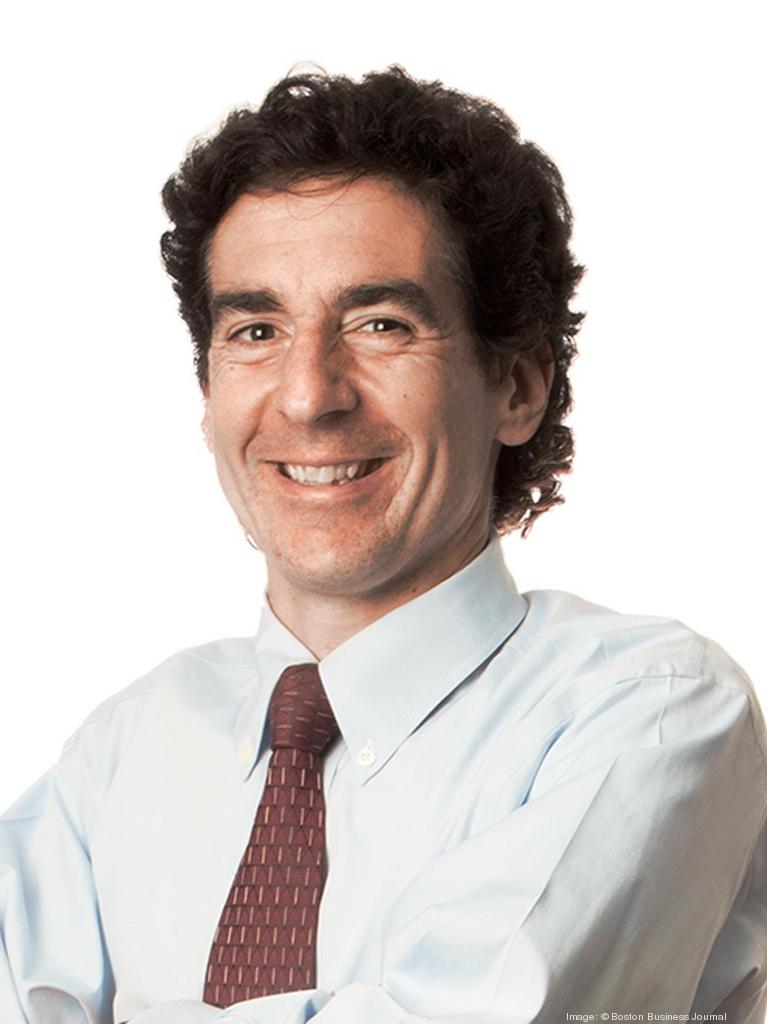Oct 20, 2013, 3:35pm EDT
Political connections fail to protect Caesars-Suffolk Downs casino partnership
- Jon Chesto
- Managing Editor, Print- Boston Business Journal
So much for those political connections.
Sterling Suffolk Racecourse, the owner of the Suffolk Downs horse track in East Boston, has long been viewed as the odds-on favorite in the race for a Boston-area casino license. Two of the most powerful politicians in the state – House Speaker Bob DeLeo and Boston Mayor Tom Menino – are big supporters. And the ownership has essentially been working toward a casino license ever since Richard Fields bought a significant stake in 2007, four years before the Legislature even passed the law allowing three resort casinos and a slots parlor in the state.
The fix was in, or so everyone thought. That was at least the popular thinking for why no other big-time casino operator seemed to be showing up to bet on the casino resort license for the Boston area, by far the most lucrative of the four licenses up for bid.
Eventually, though, someone did show up. Steve Wynn, spurned in Foxboro, came to Everett, promising casino riches to this modest community with plans for a majestic casino project in a run-down, industrial area along the Mystic River. A third bidder for the Boston-area license, with ties to the Foxwoods casino, is seeking to build a casino in Milford. But Wynn and Suffolk are seen as the two front-runners.
Or at least, they were ‑ until Suffolk’s’ casino partnership with Caesars Entertainment imploded.
Caesars, a Las Vegas powerhouse led by Massachusetts resident Gary Loveman, announced on Friday that it was withdrawing from the Suffolk project. The abrupt withdrawal was certainly unexpected – one of Caesars’ top executives was just elected to the board of the Greater Boston Convention & Visitors Bureau, after all. And it comes at an inopportune time, with a Nov. 5 vote in East Boston scheduled on whether to accept the Suffolk casino plan.
The reason for Caesars’ abrupt departure? The Massachusetts Gaming Commission – or its staff, at least – was apparently taking a surprisingly stringent approach to a review of Caesars’ suitability to run a casino here. (Caesars would have a small equity stake in the project, and would operate the casino.) Caesars issued a statement to the media after 11 p.m. on Friday, calling the commission’s approach “arbitrary, unreasonable and inconsistent with those that exist in every other gaming jurisdiction.”
Caesars’ debt issues are well known. But Loveman is saying the debt was only one part of the problem. Caesars was given an opportunity to review a draft report from the gaming commission on its suitability (the document isn’t public yet, but will be soon), and Loveman was surprised that a seemingly tangential connection would be enough to remove Caesars from consideration. Loveman told a Bloomberg News reporter that state investigators zeroed in on a hotel project in Las Vegas in which Caesars was licensing the Gansevoort Hotel Group brand. Apparently, a red flag went up because the New York Post discovered German court documents that showed that an investor in Gansevoort was accused of having ties with the Russian mob. Never mind that Gansevoort and Caesars were willing to drop the licensing agreement to make the Suffolk project happen. Loveman said the gaming commission report still recommended that the commission deny Caesars a suitability review.
The commission has already done this once before, but it was a case that was much more cut and dried. Commissioners rejected the owners of the Plainridge racetrack after discovering that the guy who ran the track until recently had been accused of taking money out of the track’s funds for his own personal uses and not repaying it. At least in that case, the commission allowed Penn National to reach a deal to buy the track and move ahead with the track’s bid for a slots license.
Don’t count Suffolk out yet. Fields and his team still have time – although not much time — to consider another operator. My money is on Hard Rock International, because of Fields’ previous relationships with Hard Rock and that company’s recently failed bid to bring a casino to fruition in West Springfield.
But it couldn’t be clearer now that political clout doesn’t mean much over at the gaming commission’s offices on State Street.
DeLeo helped fashion the casino law to help Suffolk - although he reluctantly gave up on insisting that all tracks be allowed to host slot machines - back in 2011. But this issue is now largely out of the Legislature’s hands. And the once-indefatigable Menino announced his retirement earlier this year.
His replacement is scheduled to be picked at the same Nov. 5 election that would decide the Suffolk project’s fate. (Menino is apparently looking at whether it made sense to postpone the casino vote until Suffolk’s new partner is lined up.)
Steve Crosby, the gaming commission’s chairman, is as familiar a face as they come on Beacon Hill, particularly from his role as a top aide in the Cellucci and Swift administrations.
But Crosby has made it clear from the start that the gaming commission would be an island, one not subject to influence from the tight-knit web of business and political insiders that drives much of the decision making around here.
Crosby hasn’t even voted on Caesars’ suitability yet. But the staff’s approach to this case reaffirms a message Crosby has been sending as frequently as he can: It doesn’t matter who you know in this town, all of these applications are going to be given a tough look by the gaming commission.
Loveman certainly heard the spiel before. But he certainly didn’t expect it would actually come back haunt his company like this.





No comments:
Post a Comment